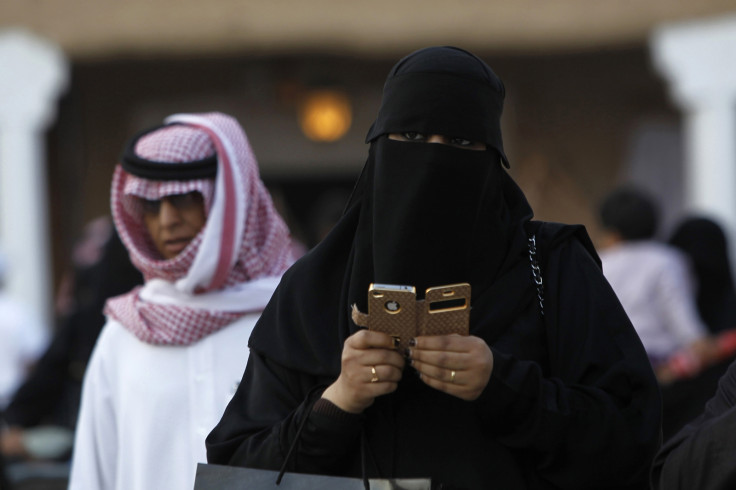Saudi Film Festival: Female film-maker Hana al-Omair wins award for best drama

A female Saudi film-maker has won an award for best drama at the Saudi Film Festival, despite the kingdom's cinema ban.
Saudi Arabia, which practises an austere version of Islam, has an abysmal human rights record, particularly with regards to protecting women.
Although in recent years the rights of women have been incrementally extended – a royal decree will allow females to vote in local elections in 2015 – their actions are still heavily restricted (see restrictions against women box below).
Earlier in February, for example, the kingdom passed a controversial law requiring all female television presenters to adhere to a mandatory Islamic dress code, including wearing an abaya and scarf.
At the cinema awards ceremony held at an arts and cultural centre in the Gulf coast city of Dammam on 24 February, Hana al-Omair took the Golden Palm Tree prize for her drama, Complain.
The film tells the story of a hospital worker who lodges a complaint against a colleague, an act symbolising everything wrong in her life.
The head of the festival jury, Abdullah al-Eyaf, handed the second prize to another woman, Shaheed Ameen, for her drama Eye & Mermaid, a fantasy about a girl who discovers her father has tortured a mermaid to extract beautiful black pearls.
Following the awards ceremony, critics took to Twitter to complain after photographs showed men and women freely mixing at the film festival, as sexes are strictly segregated in the kingdom.
Organisers said they hoped the festival would enlighten Saudis about the possibilities of the big screen, despite objections from some conservatives that cinema would "Westernise" the kingdom or corrupt its morals.
In 2013, a film by another Saudi female film-maker, Haifaa Al-Mansour, became the country's first to be listed as a candidate for a foreign-language Oscar. But her film, Wadjda, did not make the final shortlist.
Restrictions against women
- Saudi Arabia is the only country in the world where women are not allowed to drive
- When leaving the house, Saudi women need to be accompanied by a "mahram" who is usually a male relative that a woman cannot marry at any time in her life
- A woman cannot open a bank account without her husband's permission
- Some restaurants ban single women "to avoid shocking behaviour"
- Saudi women can not go for a swim
- A law prevents female patients visiting a male doctor, without being accompanied by a male guardian
- Trying clothes when shopping is forbidden
- While they were allowed to compete in sports, women have to be accompanied by a male guardian and wear a "Sharia-compliant" sports kit that covers their hair
- A woman is barred from entering a cemetery
- Saudi women are banned from reading an uncensored fashion magazine
- Buying a Barbie doll is forbidden as the toys are seen to stand for luxurious excess and physical beauty
© Copyright IBTimes 2025. All rights reserved.






















